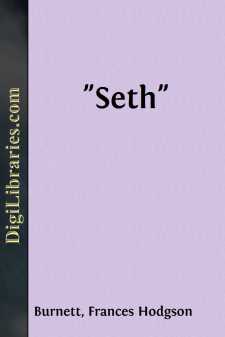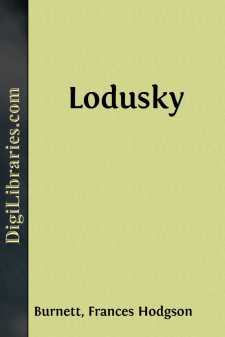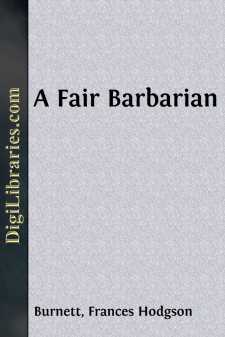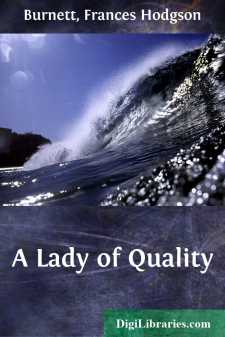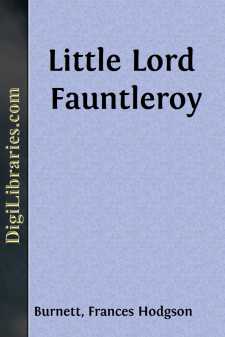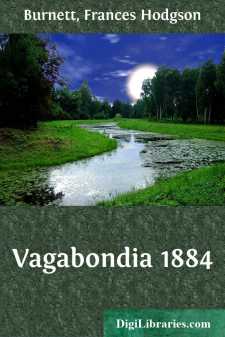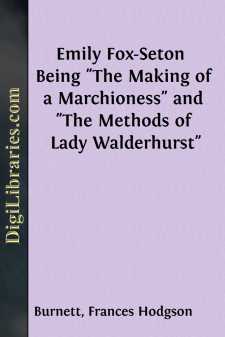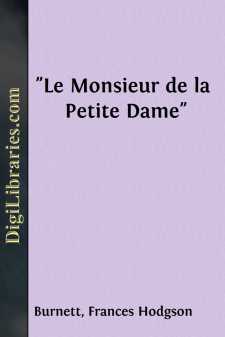Categories
- Antiques & Collectibles 13
- Architecture 36
- Art 48
- Bibles 22
- Biography & Autobiography 813
- Body, Mind & Spirit 142
- Business & Economics 28
- Children's Books 15
- Children's Fiction 12
- Computers 4
- Cooking 94
- Crafts & Hobbies 4
- Drama 346
- Education 46
- Family & Relationships 57
- Fiction 11828
- Games 19
- Gardening 17
- Health & Fitness 34
- History 1377
- House & Home 1
- Humor 147
- Juvenile Fiction 1873
- Juvenile Nonfiction 202
- Language Arts & Disciplines 88
- Law 16
- Literary Collections 686
- Literary Criticism 179
- Mathematics 13
- Medical 41
- Music 40
- Nature 179
- Non-Classifiable 1768
- Performing Arts 7
- Periodicals 1453
- Philosophy 64
- Photography 2
- Poetry 896
- Political Science 203
- Psychology 42
- Reference 154
- Religion 513
- Science 126
- Self-Help 84
- Social Science 81
- Sports & Recreation 34
- Study Aids 3
- Technology & Engineering 59
- Transportation 23
- Travel 463
- True Crime 29
Robin
Categories:
Description:
Excerpt
THE YEARS BEFORE
Outline Arranged by Hamilton Williamson
from
In the years when Victorian standards and ideals began to dance an increasingly rapid jig before amazed lookers-on, who presently found themselves dancing as madly as the rest—in these years, there lived in Mayfair, in a slice of a house, Robert Gareth-Lawless and his lovely young wife. So light and airy was she to earthly vision and so diaphanous the texture of her mentality that she was known as "Feather."
The slice of a house between two comparatively stately mansions in the "right street" was a rash venture of the honeymoon.
Robert—well born, irresponsible, without resources—evolved a carefully detailed method of living upon nothing whatever, of keeping out of the way of duns, and telling lies with aptness and outward gaiety. But a year of giving smart little dinners and going to smart big dinners ended in a condition somewhat akin to the feat of balancing oneself on the edge of a sword.
Then Robin was born. She was an intruder and a calamity, of course. That a Feather should become a parent gave rise to much wit of light weight when Robin was exhibited in the form of a bundle of lace.
It was the Head of the House of Coombe who asked:
"What will you do with her?"
"Do?" Feather repeated. "What is it people 'do' with babies? I don't know. I wouldn't touch her for the world. She frightens me."
Coombe said:
"She is staring at me. There is antipathy in her gaze." He stared back unwaveringly also, but with a sort of cold interest.
"The Head of the House of Coombe" was not a title to be found in Burke or Debrett. It was a fine irony of the Head's own. The peerage recorded him as a marquis and added several lesser attendant titles.
To be born the Head of the House is a weighty and awe-inspiring thing—one is called upon to be an example.
"I am not sure what I am an example of—or to," he said, on one occasion, in his light, rather cold and detached way, "which is why I at times regard myself in that capacity with a slightly ribald lightness."
A reckless young woman once asked him:
"Are you as wicked as people say you are?"
"I really don't know. It is so difficult to decide," he answered. "Perhaps I am as wicked as I know how to be. And I may have painful limitations or I may not."
He had reached the age when it was safe to apply to him that vague term "elderly," and marriage might have been regarded as imperative. But he had remained unmarried and seemed to consider his abstinence entirely his own affair.
Courts and capitals knew him, and his opportunities were such as gave him all ease as an onlooker. He saw closely those who sat with knit brows and cautiously hovering hand at the great chess-board which is formed by the map of Europe.
As a statesman or a diplomat he would have gone far, but he had been too much occupied with Life as an entertainment, too self-indulgent for work of any order. Having, however, been born with a certain type of brain, it observed and recorded in spite of him, thereby adding flavour and interest to existence. But that was all.
Texture and colour gave him almost abnormal pleasure. For this reason, perhaps, he was the most perfectly dressed man in London.
It was at a garden-party that he first saw Feather. When his eyes fell upon her, he was talking to a group of people and he stopped speaking. Some one standing quite near him said afterwards that he had, for a second or so, became pale—almost as if he saw something which frightened him. He was still rather pale when Feather lifted her eyes to him. But he had not talked to her for fifteen minutes before he knew that there was no real reason why he should ever again lose his colour at the sight of her. He had thought, at first, there was.
This was the beginning of an acquaintance which gave rise to much argument over tea-cups regarding the degree of Coombe's interest in her. Remained, however, the fact that he managed to see a great deal of her. Feather was guilelessly doubtless concerning him. She was quite sure that he was in love with her, and very practically aware that the more men of the class of the Head of the House of Coombe who came in and out of the slice of a house, the more likely the dwellers in it were to get good invitations and continued credit....



